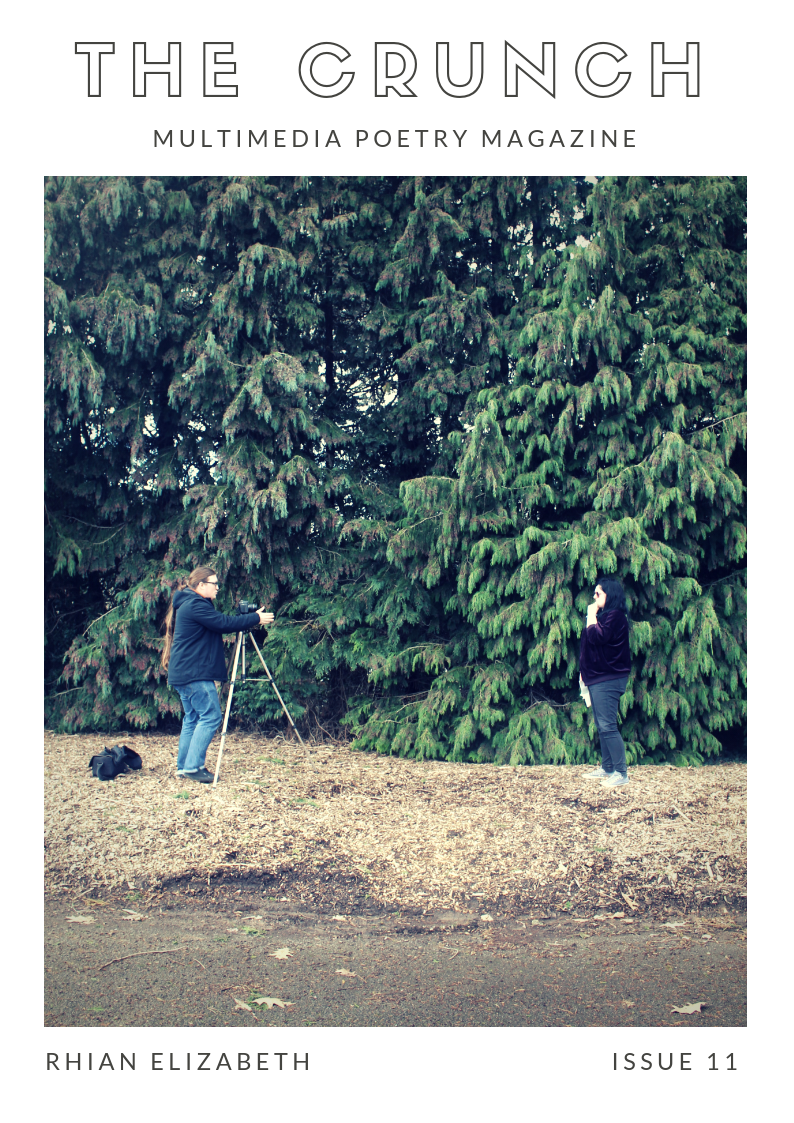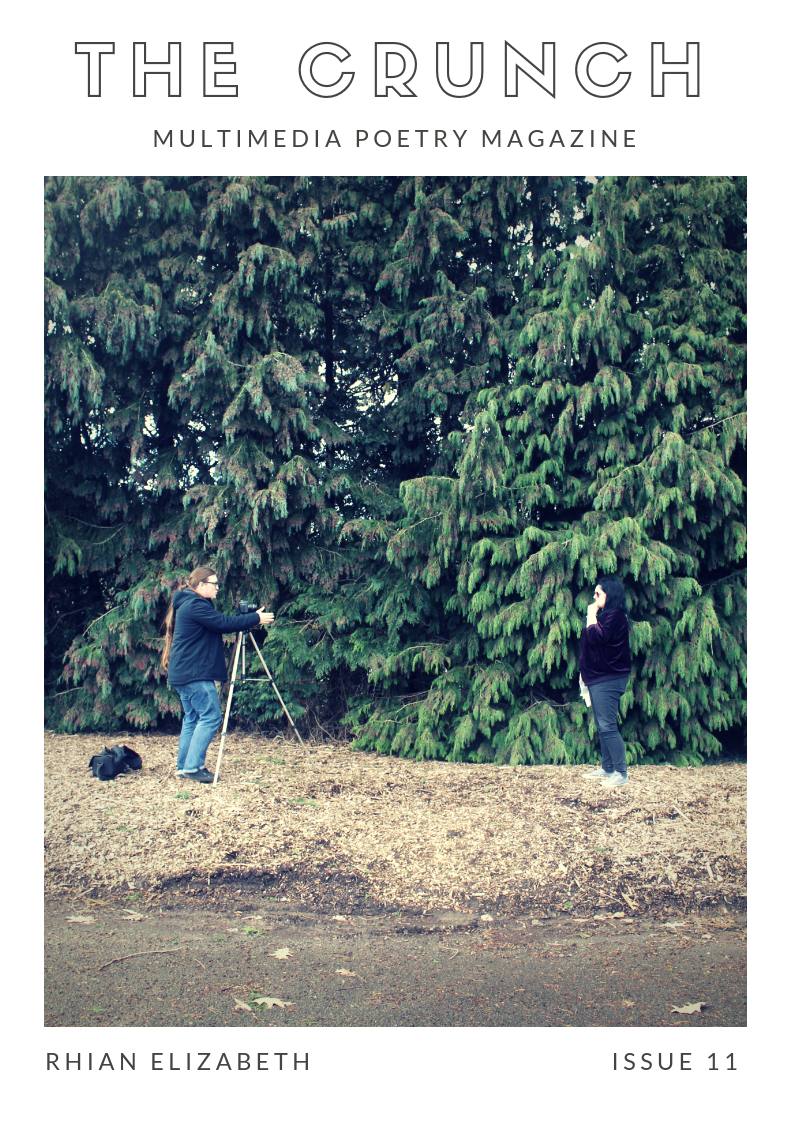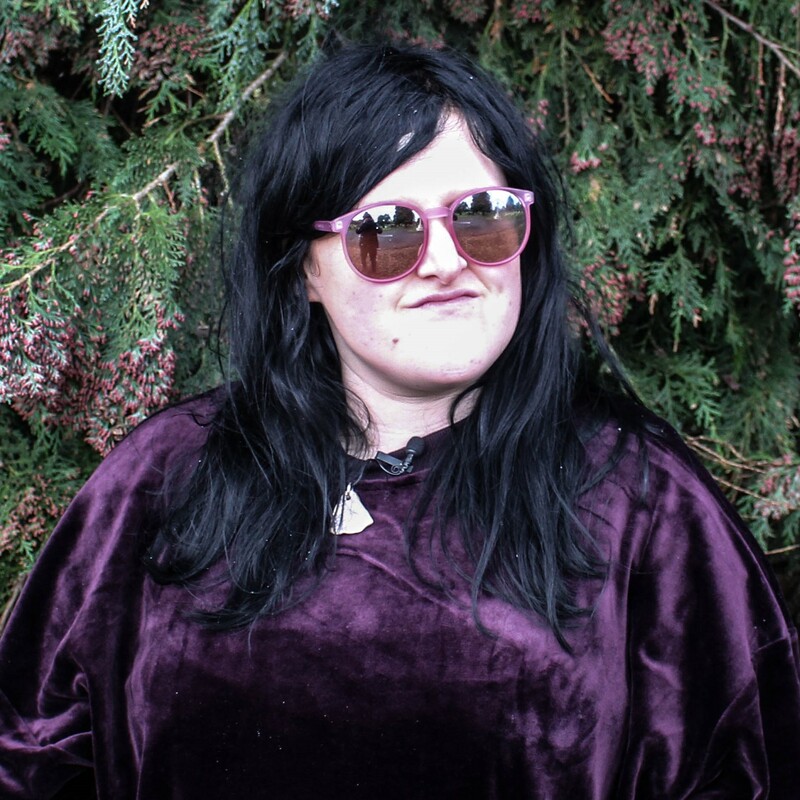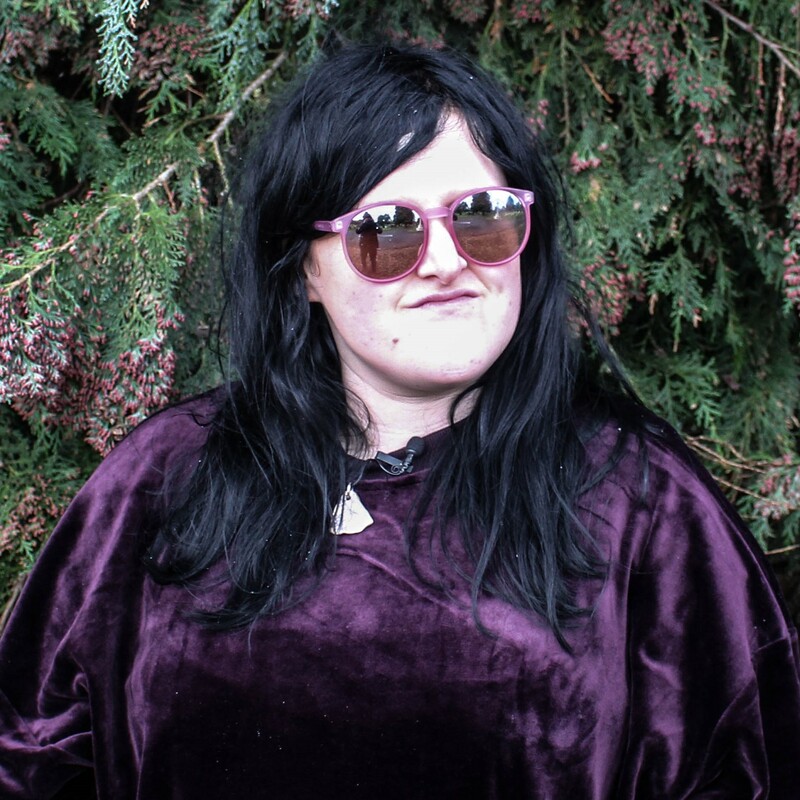EditorialFor most poets the road to a first collection is long and winding – and when they eventually arrive at the point of publication, the poems included in their manuscript have usually been written and redrafted over a significant period of time. It’s not uncommon to read interviews with debut poets where they’ll reveal that the oldest poem in their collection is 5, 10 or even 15 years old. It’s not that these poets didn’t have enough content to fill a whole book at earlier points in their fledgling writing career, but that their body of work had elements that were perhaps still underdeveloped – not yet ready for public consumption. However, the existence of a general rule is so often proved by the presence of an exception. Rhian Elizabeth, our Issue 11 guest, is that exception.
Rhian began writing poetry in 2016, after attending a workshop with the National Poet of Wales Gillian Clarke. Half a year later and she had more than enough poems to fill the pages of a sizeable first collection. While many may blindly question the quality of a debut poetry collection written in just six short months, Rhian’s manuscript was soon accepted by a well-respected indie publisher. The first ever poem she wrote – the one penned in that Gillian Clarke workshop – became the title poem, and the last polar bear on earth was launched by Parthian Books in 2018. Quite the turnaround for someone who, just two years previously, hadn’t written a single poem. Since its launch last year, Rhian’s collection has been warmly received by readers and reviewers alike, with Jonathan Edwards remarking that “one is reminded of the work of writers like Andrew McMillan and Sharon Olds in this author’s understanding of the power of poetry to question traditional divisions between the private and the public.” Before this begins to sound too much like a Hollywood script, there is a caveat: Rhian was already a published writer before she turned to poetry. Her debut novel, Six Pounds Eight Ounces, was published by Seren Books in 2014, and was shortlisted for the International Rubery Book Award. Rhian reveals on this issue’s podcast that she’s found the transition between the two disciplines quite easy: “Essentially my poems are stories in fewer words, with no punctuation. They are just mini-stories that I call poems.” The quality of these mini-stories lies in their boldness, the fact that they very simply say what they want to say. Writing them has offered a release too, for someone who was dealing with the double hit of heartbreak and a diagnosis of MS. “Writing is therapeutic,” says Rhian, “When you get it down on the page, you feel a bit lighter...I’ve always written about stuff I’m going through. Writing has always been an escape.” Rhian’s poems have an immediacy, no doubt due to the fact that they are often written ‘in the moment’ and then rarely tampered with later on. Each poem is like a time capsule, cracked open by a reader and then resealed until they next return. And return they will, because though they may bring you directly into their moment, these are poems that stay with you. Rhian may have written the last polar bear on earth in a six-month period between 2016 and 2017, but these poems about being sick and being in love are timeless, and will be read for a long time to come yet. The Crunch
April 2019 |
Featured Poet
|
RHIAN ELIZABETH was born in the Rhondda Valley and now lives in Cardiff. In 2017, she was named by the welsh agenda as one of Wales’ Rising Stars. Rhian is a former winner of the Terry Hetherington Award, and her debut novel, Six Pounds Eight Ounces (Seren, 2014), was shortlisted for the International Rubery Prize. She is a Hay Festival Writer at Work, and a Coracle Europe International Literary Resident.
Rhian's first poetry collection, the last polar bear on earth, was published by Parthian in 2018, and charts the fallout following her diagnosis with MS. The collection also covers relationships, online dating, sex, polar bears and motherhood. In 2017, Rhian set up Word Ward: a creative writing group for people with long-term health conditions. The group is open to everyone, and meets fortnightly at the Wales Millennium Centre in Cardiff. |
Videos
|
|
|
|



